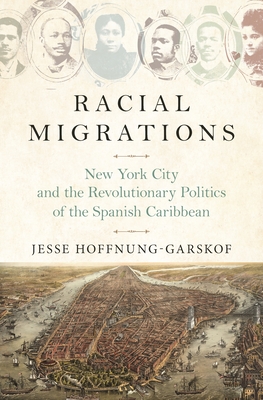Expedite your nonfiction book discovery process with Readara interviews, summaries and recommendations, Broaden your knowledge and gain insights from leading experts and scholars
In-depth, hour-long interviews with notable nonfiction authors, Gain new perspectives and ideas from the writer’s expertise and research, Valuable resource for readers and researchers
Optimize your book discovery process, Four-to eight-page summaries prepared by subject matter experts, Quickly review the book’s central messages and range of content
Books are handpicked covering a wide range of important categories and topics, Selected authors are subject experts, field professionals, or distinguished academics
Our editorial team includes books offering insights, unique views and researched-narratives in categories, Trade shows and book fairs, Book signings and in person author talks,Webinars and online events
Connect with editors and designers,Discover PR & marketing services providers, Source printers and related service providers

Racial Migrations: New York City and the Revolutionary Politics of the Spanish Caribbean
History > United States - 19th Century
- Princeton University Press
- Paperback
- 9780691218373
- -
- -
- History > United States - 19th Century
- (Single Author) Asian American
- English
Readara.com
Book Description
The gripping history of Afro-Latino migrants who conspired to overthrow a colonial monarchy, end slavery, and secure full citizenship in their homelands
In the late nineteenth century, a small group of Cubans and Puerto Ricans of African descent settled in the segregated tenements of New York City. At an immigrant educational society in Greenwich Village, these early Afro-Latino New Yorkers taught themselves to be poets, journalists, and revolutionaries. At the same time, these individuals--including Rafael Serra, a cigar maker, writer, and politician; Sotero Figueroa, a typesetter, editor, and publisher; and Gertrudis Heredia, one of the first women of African descent to study midwifery at the University of Havana--built a political network and articulated an ideal of revolutionary nationalism centered on the projects of racial and social justice. These efforts were critical to the poet and diplomat Jos� Mart�'s writings about race and his bid for leadership among Cuban exiles, and to the later struggle to create space for black political participation in the Cuban Republic.
In Racial Migrations, Jesse Hoffnung-Garskof presents a vivid portrait of these largely forgotten migrant revolutionaries, weaving together their experiences of migrating while black, their relationships with African American civil rights leaders, and their evolving participation in nationalist political movements. By placing Afro-Latino New Yorkers at the center of the story, Hoffnung-Garskof offers a new interpretation of the revolutionary politics of the Spanish Caribbean, including the idea that Cuba could become a nation without racial divisions.
A model of transnational and comparative research, Racial Migrations reveals the complexities of race-making within migrant communities and the power of small groups of immigrants to transform their home societies.
Author Bio
Professor Jesse Hoffnung-Garskof teaches at Department of History / Program in American Culture University of Michigan, College of Literature, Science, and the Arts.
Prof Hoffnung-Garskof's research covers Latin America, especially the Caribbean and Latina/os in the United States, international migration and transnationalism, cities, the poor and social movements, popular and mass culture, and comparative race and ethnicity.
Education
- 1996–2002 Ph.D. in History conferred November 2002, Princeton University. Princeton NJ.
Dissertation: “Nueba Yol: Migration and Popular Culture in Santo Domingo and New York.1961-1990.”
1989–1993 M.A., Harvard University, Cambridge MA. 1989-1993.
1993, June A.B. magna cum laude in Social Studies conferred June 1993, Harvard University, Cambridge MA.
Honors Thesis: “What the People Want: Anarcho-syndicalist Collectivization of Theaters in Civil
War Spain, 1936-1939.”
Source: University of Michigan
Videos
No Videos
Community reviews
No Community reviews

